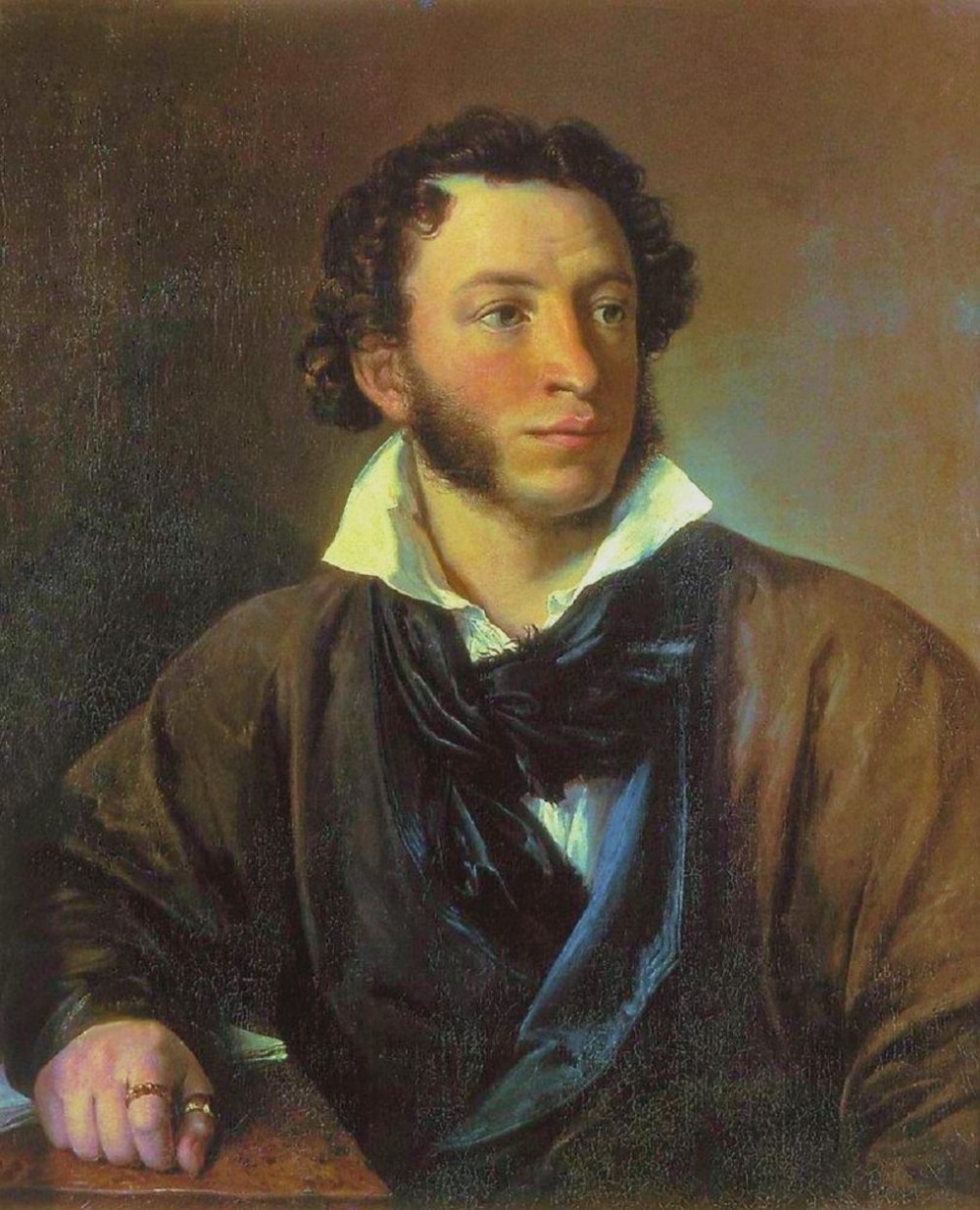 |
| Russian problems |
Russians are very precise. And also complicated and pretty weird. How do I know
this? Well, many things clued me in, but a great example is their language.
Below is my homework for this week.
Verbs about reading
Surprised? This should be easy: lire, leer, leggere, lesen, לִקְרוֹא (likro). Even Hebrew just has the one verb. Then there’s Russian:
читать – to read. This is the imperfective infinitive...okay, I can handle that.
почитать – to read a bit of
прочитать – to read to the end of
перечитать – to read over
дочитать – to read up to
вычитать – to take away from a text
вчитаться – to analyse, think about,
concentrate on
зачитать – to read to/aloud
зачитаться – to lose oneself in
отчитать – to give an account/report
начитаться – to have enough of reading.
Extremely relevant here.
That’s just a taste of Russian linguistic
precision, not to mention the conjugation, stress, pronunciation, different
prepositions and cases required (not always the same case for the same
preposition hahaha).
The real stinker is verbs of motion,
otherwise known as VOM. Oh, Russia. Why can’t I simply tell you that I went to
the shop, or to France without considering the effort it will take, deciding against talking to you at all and eloping with Spain?
Spain lets me ir however I want. I don't have to consider the mode of transport, regularity and intentions behind my journey. I also don't need to convey whether my journey was a return trip, whether I went directly to my destination, stopped off, or wandered, or the actual directions my journey took (round? across? along? past? up to? etc...). Once I've figured all this out, I then have to consider the right prefix to put on the right conjugation of the right aspect of the right verb with the right preposition with the right case.
 |
| What does Spain have that I don't have? You tell me, Russia... |
This alleviates the inadequacy I've been feeling lately, having spent 2 years studying Russian and still being unable to say simple sentences to people. I only just noticed the vast improvement in my Russian when I don't have to use verbs of motion. I'm also now wondering whether I now pay more attention to the details of my journeys, as Russians must with the linguistic influence.
Don't even get me started on Russian numbers. There is no need to say years as 'In one thousand, eight hundred and forty-sixth year'(prepositional case) or 'On the 3rd of march, one thousand, seven hundred and eighty-second year'(all genitive, thank you) - stop punishing yourselves! Especially as you have to conjugate both cardinal and ordinal numbers according to case and gender. Apparently Russians just avoid this in daily speech, but I have to do it anyway, because...
It's difficult enough learning a language that, imported European words aside, is entirely different from your own. It's difficult to recall words and it's nigh on impossible to guess their meaning without obvious context. This is not helped by the fact that most of their nouns end in some kind of '-ение': '-шение', '-щение', '-чение', '-тение', '-ление', '-мение' and '-нение' aren't easily distinguishable when you're put on the spot.
Also I have to say, the argument that English is difficult because of its strange colloquialism, spelling that differs heavily from the pronunciation of words and multitude of words that have many different meanings, or words that sound the same but are spelt differently, falls kind of flat with respect to Russian. While it may be phonetic, there are many sounds that are alien to English speakers, who then discover that many letters have a completely different sound depending on their stress or position in the word.
Otherwise, Russia has all the same linguistic traps, as well as grammar that is completely different to other European (Edit: Romantic! DUH) languages. For example, 'угол' - corner and 'уголь' - coal. Or 'пол' - floor, gender, sex, Paul. Even having previously studied Latin only gets you so far.
There is a verb for 'to have', but it's not commonly used. Instead you say 'у меня' - 'to me' + object. There are no words for 'the' or 'a'. If you want to say you don't have something you say 'у меня нет' or just 'нет' (+ genitive, of course) - I have no/There is no. To say 'there is', you use the infinitive of the verb to be, 'есть', which also means 'to eat'.
If you want to tell the time, you need to remember that you need a different case depending on whether you're using the number 1, 2/3/4, or 5-0. And that's just to tell time by the hour. If you want to be more specific than that (and it's Russian, of course you do) you use a different structure depending on whether it's 1-30 minutes past the hour, or 29-1 minutes to the hour.
Simple, you say? Not so fast - the ordinal numbers are back! For example, 'ten past five' is translated as 'ten minutes of the sixth hour'. So, not only can I not tell time, I'm going to be an hour late for everything.
I haven't even touched upon the many different adjectives divided by gender and hard/soft consonants (different endings, different sounds, doing it all wrong) and conjugated by case and number. Or on the participles that are doubled in number by short/long form - totally necessary to lop off that last syllable in very specific circumstances.
Don't even get me started on Russian numbers. There is no need to say years as 'In one thousand, eight hundred and forty-sixth year'(prepositional case) or 'On the 3rd of march, one thousand, seven hundred and eighty-second year'(all genitive, thank you) - stop punishing yourselves! Especially as you have to conjugate both cardinal and ordinal numbers according to case and gender. Apparently Russians just avoid this in daily speech, but I have to do it anyway, because...
It's difficult enough learning a language that, imported European words aside, is entirely different from your own. It's difficult to recall words and it's nigh on impossible to guess their meaning without obvious context. This is not helped by the fact that most of their nouns end in some kind of '-ение': '-шение', '-щение', '-чение', '-тение', '-ление', '-мение' and '-нение' aren't easily distinguishable when you're put on the spot.
Also I have to say, the argument that English is difficult because of its strange colloquialism, spelling that differs heavily from the pronunciation of words and multitude of words that have many different meanings, or words that sound the same but are spelt differently, falls kind of flat with respect to Russian. While it may be phonetic, there are many sounds that are alien to English speakers, who then discover that many letters have a completely different sound depending on their stress or position in the word.
Otherwise, Russia has all the same linguistic traps, as well as grammar that is completely different to other European (Edit: Romantic! DUH) languages. For example, 'угол' - corner and 'уголь' - coal. Or 'пол' - floor, gender, sex, Paul. Even having previously studied Latin only gets you so far.
There is a verb for 'to have', but it's not commonly used. Instead you say 'у меня' - 'to me' + object. There are no words for 'the' or 'a'. If you want to say you don't have something you say 'у меня нет' or just 'нет' (+ genitive, of course) - I have no/There is no. To say 'there is', you use the infinitive of the verb to be, 'есть', which also means 'to eat'.
If you want to tell the time, you need to remember that you need a different case depending on whether you're using the number 1, 2/3/4, or 5-0. And that's just to tell time by the hour. If you want to be more specific than that (and it's Russian, of course you do) you use a different structure depending on whether it's 1-30 minutes past the hour, or 29-1 minutes to the hour.
Simple, you say? Not so fast - the ordinal numbers are back! For example, 'ten past five' is translated as 'ten minutes of the sixth hour'. So, not only can I not tell time, I'm going to be an hour late for everything.
I haven't even touched upon the many different adjectives divided by gender and hard/soft consonants (different endings, different sounds, doing it all wrong) and conjugated by case and number. Or on the participles that are doubled in number by short/long form - totally necessary to lop off that last syllable in very specific circumstances.
I will admit that you have to just acclimatise and accept that to speak this language, you have to let go of your surprise at the onslaught of linguistic pitfalls. Much like trying to get used to living in Russia, actually. It's all just very, very different. Nevertheless, I still get the urge to photocopy this rant and liberally distribute it to all the Russians who patronise me when I stumble. That means you, 10 year old girl that I taught today. Four years of English won't help you understand this!
She's still way better than me...
She's still way better than me...


































































